THCh vs. THCp

Cannabinoids offer a fascinating range of effects, yet some remain lesser-known despite their potential. THCh and THCp are two such cannabinoids that deserve more attention for their unique properties and growing popularity.
THCh, the cool cannabinoid on the block, boasts a potency approximately ten times that of the more common Delta 9 THC. However, if you're in for an uber-potent ride, THCp is your best bet. With a whopping 33 times the strength of regular THC, this one promises a truly elevated experience that will leave you on cloud nine.
But what exactly are THCh and THCp, and how do they differ from each other? Let's dive in and explore the world of these super-cannabinoids. We will look at the distinct characteristics, effects, and potential applications of both THCh and THCp.
Key Takeaways
- THCh and THCp are two understudied but incredibly potent cannabinoids. THCh has approximately ten times the potency of Delta 9 THC. THCp outpaces THCh, boasting 33 times the potency of regular THC.
- Both THCh and THCp contribute to a more intense and elevated cannabis experience. They are believed to have potential therapeutic benefits, particularly when it comes to combating pain and inflammation.
- Despite their potency, these cannabinoids exhibit different characteristics, effects, and potential applications.
- Research in THCh and THCp is still in its infancy. Therefore, much remains unknown about the two cannabinoids. Scientists continue to uncover their potential and explore possible applications.
Overview of THCh and THCp
THCh (tetrahydrocannabihexol) and THCp (tetrahydrocannabiphorol) are two rare cannabinoids found in the cannabis plant.
THCp was recently discovered in 2019 by a group of Italian scientists. It is believed to be one of the most potent psychoactive cannabinoids ever found in cannabis.
From a molecular standpoint, THCp is strikingly similar to the renowned Delta 9 THC, but with a twist. Unlike THC's pentyl chain (five carbon atoms), THCp ramps up the game with a heptyl chain (seven carbon atoms). Despite seemingly minute on the surface, this subtle variation greatly influences how THCp interacts with the human body.
A Closer Look into THCh
Tetrahydrocannabihexol, or THCh, was, like THCp, unearthed by the scientific community in 2020, marking a significant milestone in cannabinoid research. With its roots in the tetrahydrocannabinol (THC) family, THCh shares the lineage of the primary psychoactive compound responsible for the famed "high" linked with cannabis use.
The psychoactive properties of THC compounds stem from their ability to bind to the CB1 receptors in our brain, and THCh is no exception. But what sets this intriguing compound apart is its potency, believed to be nearly ten times that of its more familiar cousin, Delta 9 THC.
THCh is a unique cannabinoid, standing out with an n-hexyl side chain composed of six carbons, unlike Delta 9 THC's 5-carbon chain. This distinct chemical structure facilitates THCh's increased affinity to brain receptors, making it stronger than Delta 9 THC.
If you're curious about how THCP compares to similar cannabinoids, visit our article, THCjd vs. THCP. It explains their unique properties and role in cannabis products.
Understanding THCh: Properties and Discovery
The emergence of THCh marks a pivotal juncture in cannabis investigation. This fascinating compound first came to light in 2020 when it was successfully isolated from the cannabis plant by a proficient Italian research cohort.
THCh, in essence, is a hexyl homolog of THC. This means that its molecular structure is identical to that of THC, but it is arranged differently. As a result of this unique arrangement, THCh exhibits intriguing properties that make it a subject of ongoing research.
Like THC, THCh is a psychoactive compound. Anecdotal evidence suggests that it produces a more intense high than THC. Users may experience heightened sensory perception, enhanced creativity, and a feeling of euphoria.
The biggest difference between THCp vs. Delta 8 is that the latter provides a more well-rounded high, while the latter delivers a more intense experience. Also, THCp tends to have a longer-lasting effect compared to Delta 8. This makes THCh an attractive option for those seeking a more potent and prolonged cannabis experience.
But what sets THCh apart from other cannabinoids is its affinity for CB1 receptors in the body's endocannabinoid system. This gives it immense potential for targeted treatments, making it an area of utmost interest in medical research.
THCh in Products: THCh distillate is a highly concentrated form of THCh, refined to remove impurities and create a pure cannabinoid extract. Today's most advanced THCh products utilize ceramic coil technology, which provides superior vapor production and a cleaner taste compared to traditional cotton coils. This technology, combined with precise 0.5g dosing, ensures users get the most out of their THCh experience.
For example, when trying indica-dominant THCh vapes like Blue Cheese or Skywalker OG, users often report deep relaxation and calming effects. The ceramic coils help preserve the complex terpene profiles of these strains, delivering their full therapeutic potential. Similarly, sativa enthusiasts exploring options like Green Goblin or Zaza can expect crisp, energizing effects thanks to the precise temperature control that ceramic technology provides.
Hybrid strains like Cheetah Piss and Gary Payton offer a balanced experience, with the 0.5g capacity providing just the right amount for users to explore THCh's effects responsibly.
For those new to THCh, starting with premium options like White Truffle or Headband can provide an excellent introduction to this potent cannabinoid, as the ceramic coil technology ensures consistent dosing and smooth delivery.
Getting to Know THCp: Characteristics and Significance
THCp is a potent phytocannabinoid displaying an affinity to both CB1 and CB2 receptors in the endocannabinoid system. As mentioned earlier, THCp is a homologue of THC, and shares the same molecular structure. However, it has an elongated side chain that allows it to bind more strongly with these receptors, making it potentially even more powerful than THC.
THCp has an extended carbon chain that allows it to fit more snugly into the endocannabinoid system's receptor sites, resulting in a longer-lasting and stronger effect. This has led to claims of THCp being 33 times more potent than THC, although further research is needed to confirm this.
Therefore, when you take THCp products such as this Dali's Dream Blend 2ml Disposable Vape MK Ultra or Picasso’s Euphoria Blend 3.5 G Prerolls Green Crack, be prepared for an intense and long-lasting high that will give you a whole new level of cannabis experience.
The biggest difference between THCp vs. Delta 8 THC is the strength and potency of each compound. While Delta 8 THC is known for its mild psychoactive effects, THCp has been found to have a stronger affinity for CB1 receptors, resulting in more intense and long-lasting effects.
Most cannabis users also confuse THCp and THCa, which is the acidic form of THC. However, these two compounds are entirely different and have distinct properties. THCa is not psychoactive and must be heated or decarboxylated to convert into THC, while THCp is already a potent cannabinoid with psychoactive effects.
The Effects of THCh and THCp: What We Know So Far
The effects of THCh and THCp on the human body and mind are still a subject of ongoing research. Early findings suggest that due to their stronger binding affinity for the CB1 receptors, both THCh and THCp may produce more intensive psychoactive effects compared to THC, potentially including enhanced mood, heightened sensory perception, and pain relief.
Some users have reported feelings of euphoria, relaxation, and increased creativity. However, it's essential to note that individual experiences can vary greatly due to factors like dosage, personal tolerance, and the presence of other cannabinoids.
The research on THCh and THCp is in its nascent stages. Most of our understanding is based on limited studies and user anecdotal reports. What we are certain about is that THCh and THCp, like other cannabinoids, interact with the body’s endocannabinoid system, which influences various physiological processes, such as mood, pain sensation, appetite, and sleep.
However, the exact mechanisms of their action and potential therapeutic applications are yet to be fully explored.
The Impact of THCh on the Body
If you plan on taking THCh, expect an increase in energy, a heightened sense of focus, and an enhanced mood. Unlike THC, THCh has displayed potential anti-inflammatory properties and may help manage inflammation in certain patients.
THCp's Influence: Understanding Its Potency and Effects
THCp is known for its stellar potency, believed to be several times stronger than the well-known THC. Intriguing, isn't it?
THCp is creating quite a stir, primarily due to its affinity for the CB1 receptor, which is part of our endocannabinoid system. This receptor is the main target of THC, and it is responsible for the psychoactive effects typically associated with cannabis use.
However, THCp's affinity for this receptor is about 33 times that of THC, meaning it binds more strongly and has a more potent effect. The potential implications? A much more intense experience for users.
Related Products
Therefore, THCp products are ideal for experienced users, as beginners may find the potency overwhelming. Novice users should start with the lowest dose and work their way up until they find their sweet spot.
But remember, with great potency comes great responsibility. While the heightened effects of THCp might seem enticing, they also mean that the risk of experiencing side effects is higher. These might include anxiety, paranoia, and other discomforts usually linked to high doses of THC.
In terms of therapeutic benefits, scientists are interested in the potential of THCp. The cannabinoid's strong bond with the CB1 receptor could make it an extremely effective medicinal compound. But for now, that's purely speculative. More research is needed to fully understand and utilize this powerhouse of a cannabinoid.
THCp vs. THCh: Similarities and Differences
THCh and THCp are both homologs of THC. In simpler terms, they share similar genetic and chemical compositions to Delta 9 THC, the primary psychoactive compound found in cannabis. This similarity determines how they interact within our bodies.
Both THCp and THCh bind to the endocannabinoid receptors CB1 and CB2. These receptors are not just confined to the brain but are scattered throughout our central nervous system (CNS), immune system, and various other parts of our bodies.
Their interaction with these receptors triggers a variety of physiological responses, which provide the effects we associate with THC, whether it be the euphoria and relaxation or the potential therapeutic benefits.
However, the intensity of these effects can vary depending on the specific THC homolog in question, highlighting the complexities of this fascinating family of compounds.
Even though these two rare cannabinoids share some commonalities, their potency and bonding affinity differences make them distinct. The effects of THCp are more intense and longer-lasting than those of THCh.
Therefore, THCp is believed to have a more significant impact on the body, both physically and mentally.
Chemical Structure and Potency
The differentiation between THCh and THCp primarily lies in their molecular structure, particularly the carbon chain length. Specifically, THCh harbors a hexyl (six-carbon) alkyl side chain, deviating from Delta 9 THC's signature pentyl alkyl side chain.
Conversely, THCp is characterized by a heptyl (seven carbon) alkyl side chain. This carbon chain elongation appears to significantly amplify THCp's potency compared to Delta 9 THC. Astonishingly, the propensity of THCp to bind with the CB1 receptor was found to exceed 30 times that of Delta 9 THC.
The longer carbon chain of THCp also allows it to have a higher bioavailability, meaning it can be absorbed and utilized by the body more efficiently. This may contribute to its increased potency compared to other cannabinoids.
Potential Applications and Consumer Interest
The potential applications of THCp and THCh are incredibly exciting and are rapidly catching the attention of consumers and manufacturers alike. Both cannabinoids have unique properties that make them attractive for various applications, especially in the wellness and therapeutic sectors.
With its enhanced potency and bioavailability, THCp is increasingly being considered for its potential therapeutic applications. THCp may have strong anti-inflammatory and analgesic effects, which could make it a valuable addition to pain relief and anti-inflammatory products.
Additionally, its strong affinity for CB1 receptors also suggests potential benefits for mental well-being.
On the other hand, THCh, while less potent than THCp, still holds an array of potential applications. Its anti-inflammatory and analgesic properties make it an excellent candidate for topical application products aimed at managing localized pain and inflammation.
Additionally, the relative predictability and milder effects of THCh may make it more suitable for those seeking the wellness benefits of cannabinoids without the intense effects of stronger compounds like THCp.
As more research is conducted, the potential applications of THCp and THCh are likely to expand. This emerging interest is mirrored in the consumer market, where demand for cannabinoid-infused products continues to grow.
Legal and Safety Considerations: Navigating THCh and THCp Use

While the therapeutic and wellness potential of THCh and THCp is certainly intriguing, it is equally important to consider the legal and safety aspects surrounding their use.
Just like a maze, the legality of cannabinoids can be complicated - varying from region to region and often changing as new research and regulations emerge. It's crucial to understand the laws in your jurisdiction before diving into the world of THCp and THCh.
Safety, on the other hand, is a universal concern. As with any substance, appropriate use and dosage are key to reaping the benefits while minimizing potential risks.
The Legal Landscape of THCh and THCp
As of now, the legal landscape of THCh and THCp in the United States is a labyrinth of federal, state, and local laws. Federally, the 2018 Farm Bill legalized hemp and hemp-derived cannabinoids containing less than 0.3% THC, including THCh and THCp.
However, individual states have their own laws surrounding these compounds, with some being more lenient and others imposing stricter regulations. For example, Colorado has legalized recreational cannabis use, while states like Idaho still consider any form of cannabis illegal.
It's important to research and understand the laws in your state before purchasing or using any products containing THCh or THCp. It's always best to consult with a legal professional if you are unsure.
Safety and Responsible Use
Safety is pivotal when using products containing THCh and THCp, much like any other substance. Because research surrounding these two cannabinoids is still in its infancy, it's crucial to approach their use with caution.
Below are some tips for responsible use and minimizing potential risks:
- Start with small doses: When trying a new product containing THCh or THCp, it's best to start with a low dose and gradually increase as needed. This will help you gauge your body's reaction and determine the appropriate dosage.
- Be mindful of interactions: If you are taking any prescription medications, be sure to consult with your doctor before using products containing THCh or THCp. These cannabinoids may interact with certain medications, causing adverse effects.
- Purchase from reputable sources: With the rising popularity of THCh and THCp products, it's essential to purchase from reputable sources that provide lab testing results and use safe extraction methods.
- Use in a safe environment: It's always best to consume THCh and THCp products in a safe and familiar environment, especially if it's your first time trying them. This will help minimize any potential risks.
- Do not drive or operate heavy machinery: The psychoactive effects of THCh and THCp may impair your motor skills and reaction time. It's important to refrain from driving or operating heavy machinery while under the influence.
- Keep products out of reach of children and pets: As with any substance, it's essential to keep THCh and THCp products out of reach of children and pets to prevent accidental ingestion.
- Always read labels: Be sure to read product labels carefully before consuming any THCh or THCp products. This will help you understand the dosage, ingredients, and potential risks associated with the product.
- Seek medical attention if needed: If you experience adverse effects after using THCh or THCp products, seek medical attention immediately. It's always better to err on the side of caution and get proper medical care.
- Use in moderation: As with any substance, it's crucial to use THCh and THCp products in moderation. This will help prevent potential negative effects and maintain a healthy balance in your overall consumption habits.
- Educate yourself: As more research is conducted on THCh and THCp, new information and guidelines may emerge. It's crucial to stay informed about these compounds and their effects to ensure responsible use.
Final Thoughts
The landscape of our current understanding of THCh and THCp is expansive, yet we are only just beginning to scratch the surface. Scientists continue to unearth new insights into these compounds, shedding light on their potential therapeutic benefits and risks.
As we progress, we expect to see more studies, a more nuanced understanding, and a wider range of cannabinoid-based products hitting the market.
Future developments promise to revolutionize and enrich our understanding of these complex compounds and their interactions with the human body. So, it's crucial to stay informed, stay curious, and, most importantly, stay safe while navigating the intriguing world of THCh and THCp.
THCh vs. THCp: Frequently Asked Questions
How Do the Effects of THCh and THCp Differ from Those of THC?
THCh and THCp boast a more potent effect compared to traditional THC due to their unique chemical compositions. Specifically, THCh is estimated to be approximately ten times more potent, while THCp is a staggering 33 times more potent. This potency is attributed to the length of their alkyl side chains.
Are There Specific Conditions or Symptoms that THCh or THCp Might be Particularly Effective for?
While research is still in progress, self-reported experiences have suggested that THCh and THCp may be useful in treating a variety of ailments. For example, some users report improved relief from pain, inflammation, and mood compared to traditional THC products. Additionally, there is anecdotal evidence that THCh and THCp could help with appetite stimulation, sleep regulation, and muscle relaxation.
How Can Consumers Find and Identify Products Containing THCh or THCp?
To find and identify products containing THCh or THCp, consumers should carefully read product labels and look for the specific names of these compounds listed in the ingredients. Additionally, it's essential to purchase products from reputable sources that provide lab testing results to ensure accurate labeling.
What Should Users Consider When Trying THCh or THCp for the First Time?
Given their increased potency, first-time users of THCh or THCp should proceed with caution. It's advisable to start with a lower dose and gradually increase it if necessary. Always consult with a healthcare provider before starting any new cannabinoid regimen, especially for individuals with existing health conditions or those taking other medications.
What Does the Future Hold for the Research and Development of THCh and THCp Products?
The future of THCh and THCp product research and development is exciting and promising. With the growing interest in cannabinoids and their potential therapeutic benefits, we can expect more comprehensive and targeted research in this field. This will likely lead to the development of more potent and effective cannabinoid-based products, further enhancing our options for health and wellness solutions.
Explore Other Articles
View allExplore more
- 11 hydroxy thc
- Blends
- blunt
- burn blend
- cannabinoids
- cartridge
- CBD
- cbg
- CBN
- Charged Blend
- Clarity Blend
- Concentrates
- Connection Blend
- Creativity Blend
- Dabs
- delta
- delta 10
- delta 11
- delta 8
- Delta 8 thc
- delta 9
- delta 9 thc
- Delta-10-THC
- Delta-11-THC
- delta-8
- Delta-8-THC
- Delta-9-THC
- delta9
- Desire Blend
- destination series
- Diamonds
- disposable
- disposable vape
- Dream Blend
- dry january
- edibles
- elevate blend
- entourage
- entourage effect
- entourage effects
- Euphoria Blend
- focus
- gummies
- H4CBD
- halloween
- hemp
- hemp-derived
- HHC
- HHCp
- HTE
- Indica
- Introvert Blend
- lean
- legal
- Live Resin
- Live Resin cartridges
- m-fusions
- mechoulam
- momentum blend
- Motivation Blend
- preroll
- productivity
- raphael mechoulam
- Recover Blend
- Relief
- sleep
- strain review
- terp sauce
- Terpenes
- Thanksgiving
- thc
- THC Drink
- thc lean
- thc-p
- THCa
- THCb
- THCh
- THCm
- thcp
- THCp edibles
- THCv
- the elevate blend
- The Energy Blend
- The Happy Blend
- The Illuminate blend
- the momentum blend
- The Rest Blend
- Tranquility Blend
- vape
- vape cartridge
- Vapes
- wax
- wellness
- zkittlez




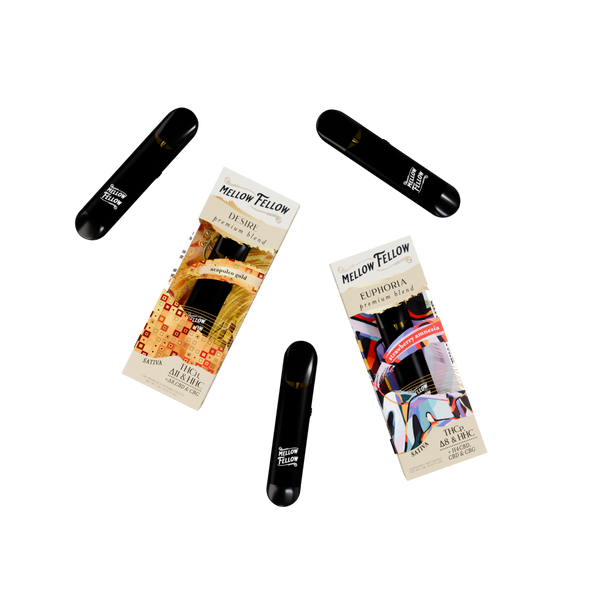
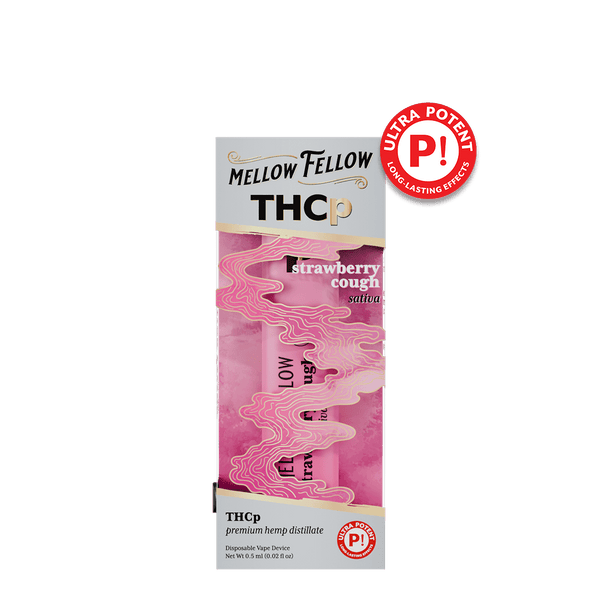
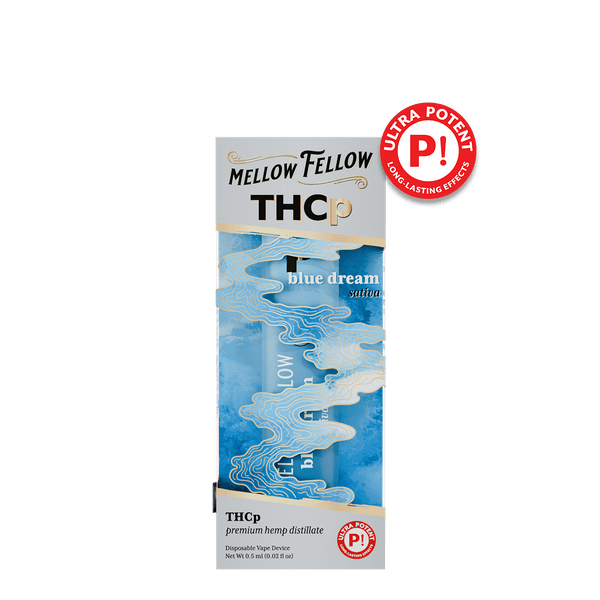
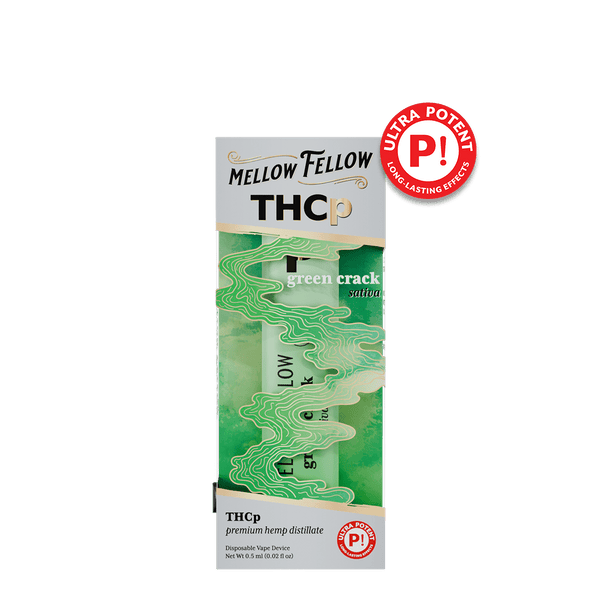
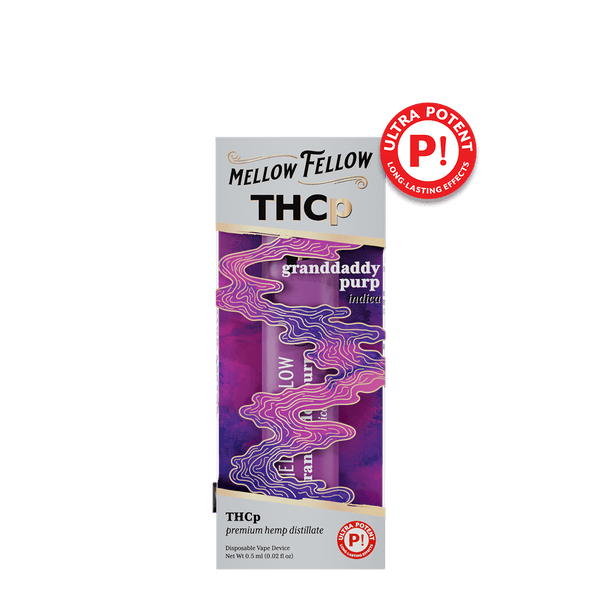
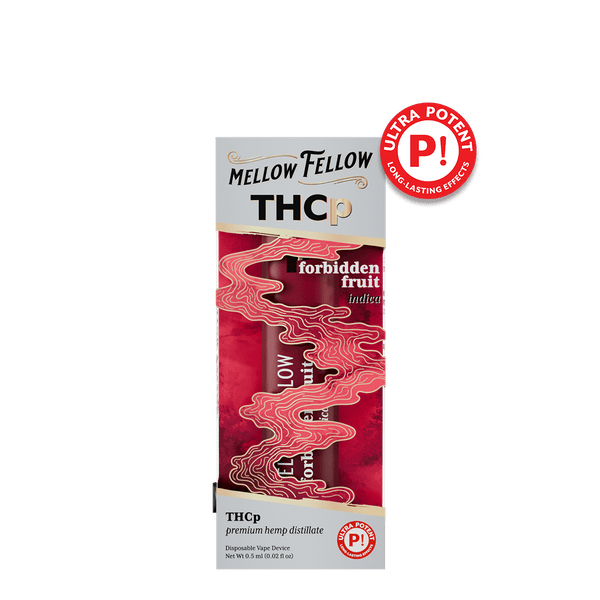










Leave a comment